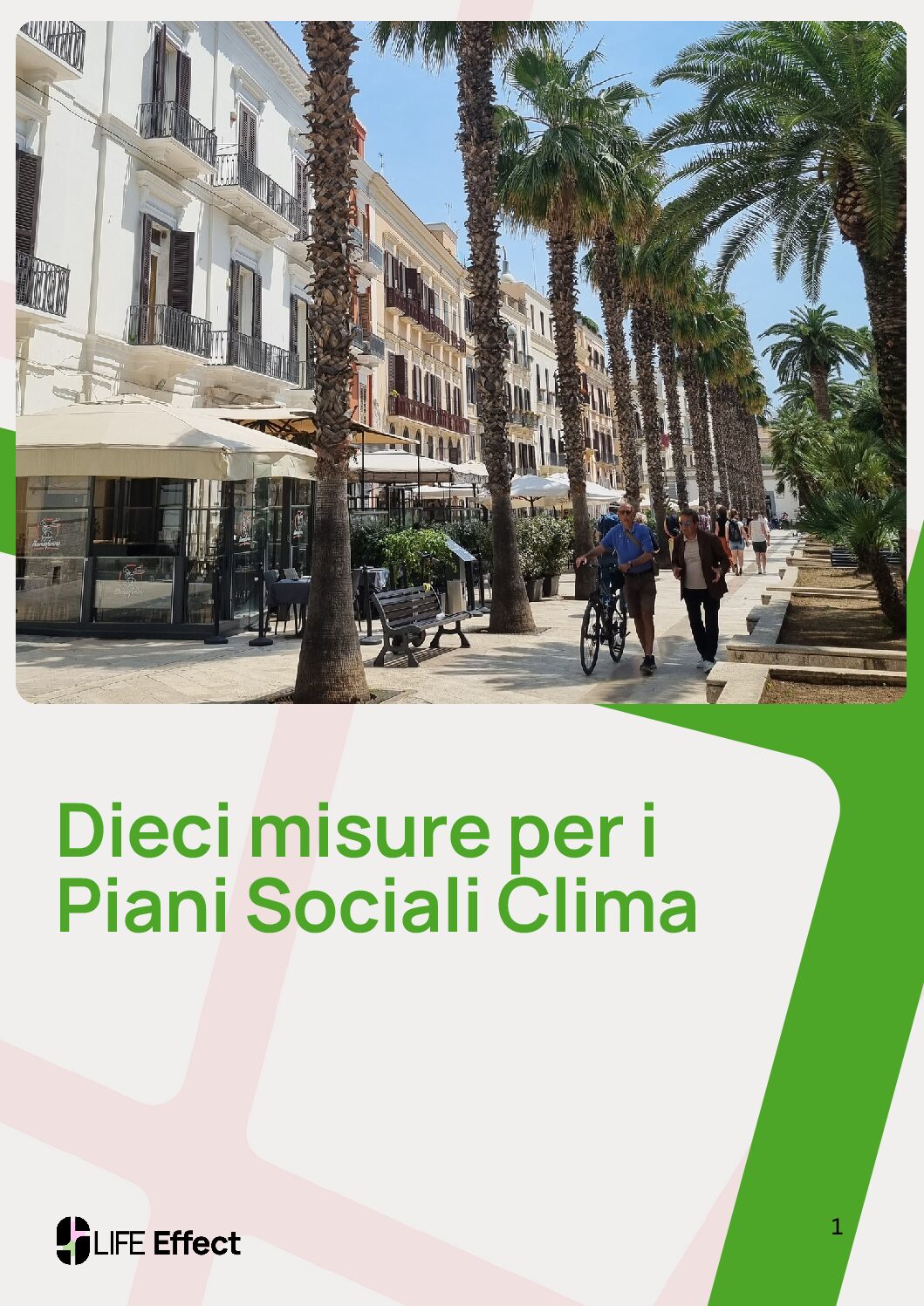
Understanding the Environmental Impacts of Chemical Recycling
Chemical recycling and recovery of plastics often refers to processes such as gasification and pyrolysis, in which polymers are chemically broken down to monomers. These monomers can be used to produce new polymers and plastics, either by reproducing the original or developing new types of polymeric products (Grigore, 2017). However, more often than not, plastic is simply turned to fuel and then burned, releasing the carbon into the atmosphere. This is not defined as recycling in the EU Waste Framework Directive.
Recently, chemical recycling technologies have been promoted as being environmentally friendly, with claims that they can contribute to reducing environmental and climate impacts from plastic. For the purpose of science-based political decisions, it is crucial to have a complete and correct understanding of the true environmental impacts of these technologies.
However, good data on environmental impacts of chemical recycling is difficult to acquire due to the limited maturity of the chemical recycling concept at commercial scale: there are currently no operational plants of significant scale available to recycle plastic to new plastic, despite five decades of attempted effort. Yet, life cycle assessments (LCAs) developed by, or in affiliation with, businesses are being used to make sustainability claims related to these chemical recycling and recovery technologies.
This paper presents key findings from a review of some of the most commonly cited chemical recycling and recovery LCAs, which reveal major flaws and weaknesses regarding scientific rigour, data quality, calculation methods, and interpretations of the results.
LCA is a tool which can contribute to determining favourable technologies through different sustainability impact categories. However, the findings from LCA studies are highly affected by the set of boundaries, assumptions, and data used. Merely changing one variable can sometimes turn the entire results on their head. For this reason, LCA studies are notoriously easy to misinterpret and are sometimes used to draw general conclusions based on assumptions which may only be applicable in a very narrow context, or even incorrect.
Currently, there are no comprehensive and fully independent LCAs on chemical recycling to provide a complete understanding of the environmental impacts. If the EU wants to successfully transition towards a circular and decarbonised economy, priority should be given to prevention and reuse. Subsequently, only the recycling technologies which can or have significant potential to recycle as much material as possible while minimising environmental impacts should be supported, rather than alternatives such as pyrolysis and gasification, which require large amounts of energy.






